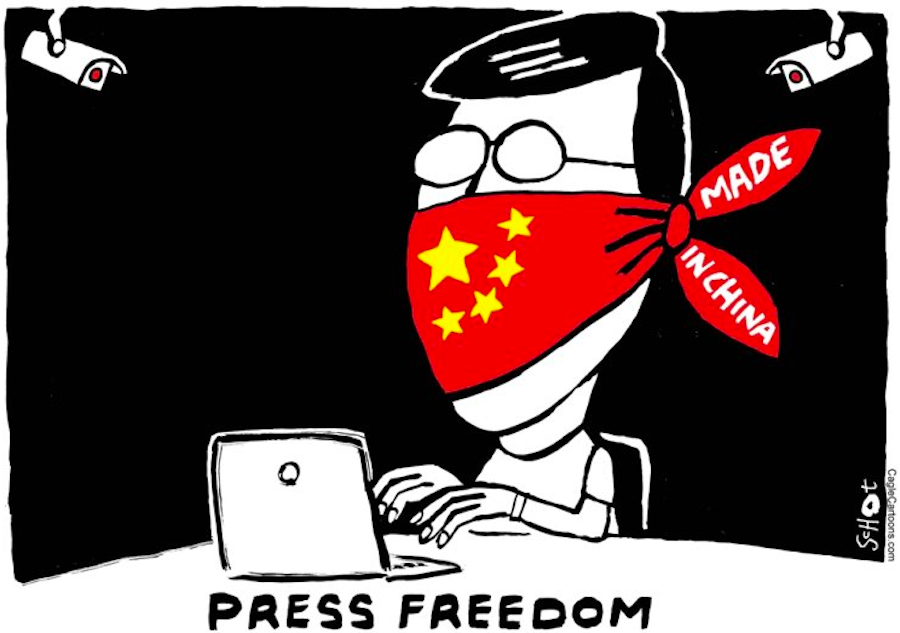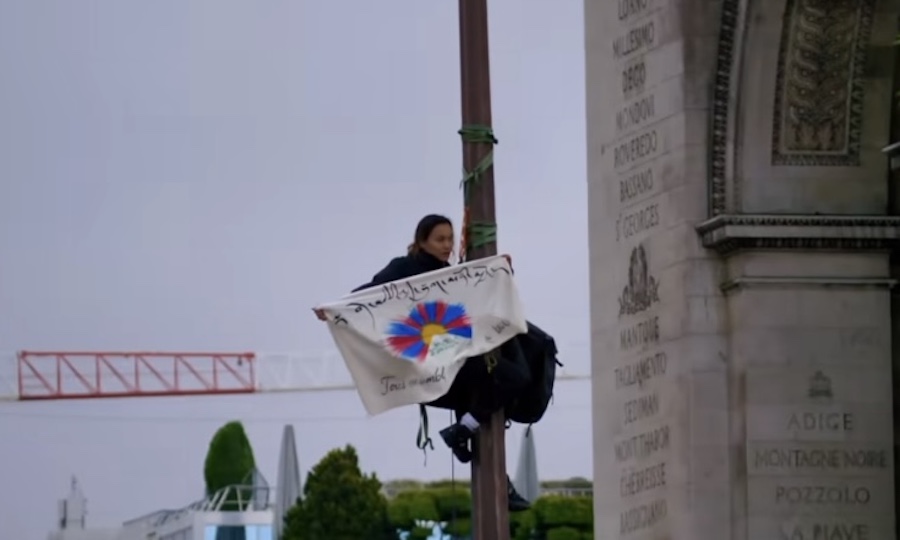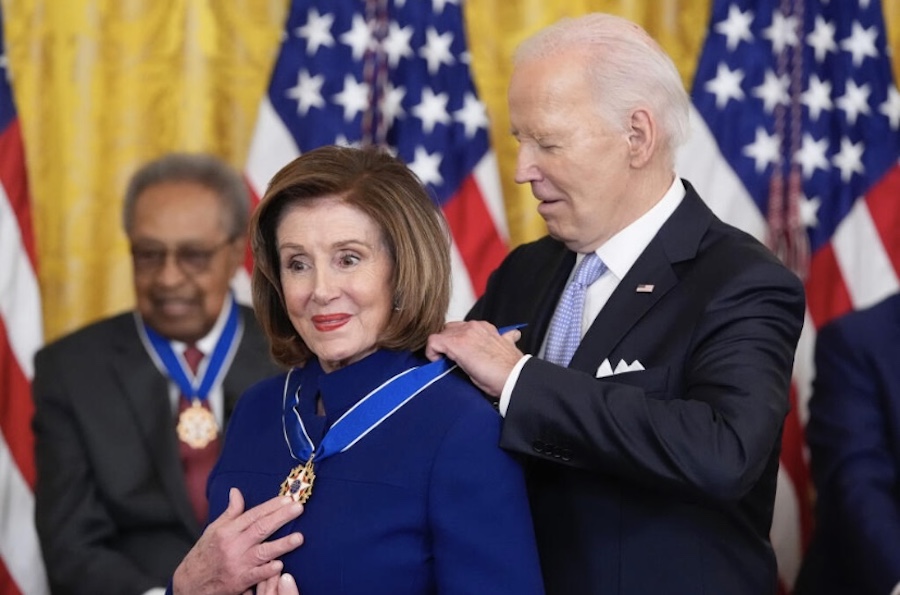Yang Jianli and Lhadon Thetong speak to Phayul on TSG Special Meeting
DHARAMSHALA, November 26: Chinese democracy activist and former political prisoner Yang Jianli and Lhadon Tethong, activist and director of Tibet Action Institute speak to Phayul on the recently concluded Second Special Tibet Support Groups Meeting.
Over 200 delegates from 43 countries met in Dharamshala from November 16-18 and adopted an action plan aimed at amplifying Tibetan resistance in response to the ongoing wave of self-immolation protests inside Tibet and to build greater political support for Tibet globally and particularly in Asia.
We asked Yang Jianli (YJ) and Lhadon Tethong (LT) on their views and hopes from the meeting and their expectations from China’s new leaders.
Phayul: After three days of brainstorming and discussions, what is the first thing that you will do when you return back to your country?
 YJ: The first thing we will do is to gather together with Chinese activists and come up with a plan on what we will do to support the free Tibet cause. Especially, how will we respond to the self-immolation protests that are taking place in Tibet.
YJ: The first thing we will do is to gather together with Chinese activists and come up with a plan on what we will do to support the free Tibet cause. Especially, how will we respond to the self-immolation protests that are taking place in Tibet.
LT: I think one of the obvious priorities that has been stated in the action plan is the call for multilateral action and inter-governmental approach. A mechanism needs to be created and established to address the Tibetan issue and to deal with China. And I think this theme – the most important and exciting development out of this meeting – is the recognition that this is what we need to be demanding from our governments. It’s no longer about asking China to do this or no longer asking our government to ask China to talk to us. This is to say no. What our governments need to do is to get together, coordinate information, coordinate their communications with the Chinese and to put real multilateral pressure on China to resolve the situation(in Tibet). To immediately back off and lessen their repression in all of Tibet at this point.
Phayul: How helpful and constructive was the meeting?
YJ: It is very helpful because 200 people from all parts of the world have met. These are not just ordinary people but people who are concerned with the situation in Tibet, people who have been doing concrete work in the past many years in this field, and people who understand the situation and also understand best how to work responding to the increasing crisis in Tibet. So, we put our heads together and we came up with a very good plan which we will carry out after the conference.
 LT: I think it’s wrong to think that we can suddenly make some major impact or change and no one should have that expectation. A meeting like this in a short term helps us to get more coordinated and use our resources better to work together but I think in a longer term, something like multilateral action on Tibet such a mechanism could actually stand to challenge Chinese abuses in Tibet and could help to mitigate and back them off and in the future. Down the road, as things change in China, such an initiative could absolutely help in overseeing transition in Tibet to a free nation. We need a team of governments on our side working together for the Tibet issue – that’s a longer term thing. If you look at what the self-immolators have called for, when they say ‘freedom for Tibet,’ when they demand the ‘return of His Holiness the Dalai Lama’ – we need better long term political approach from outside, that is our job. Our job is to coordinate governments in the best possible way and to demand action from global governments in best possible way.
LT: I think it’s wrong to think that we can suddenly make some major impact or change and no one should have that expectation. A meeting like this in a short term helps us to get more coordinated and use our resources better to work together but I think in a longer term, something like multilateral action on Tibet such a mechanism could actually stand to challenge Chinese abuses in Tibet and could help to mitigate and back them off and in the future. Down the road, as things change in China, such an initiative could absolutely help in overseeing transition in Tibet to a free nation. We need a team of governments on our side working together for the Tibet issue – that’s a longer term thing. If you look at what the self-immolators have called for, when they say ‘freedom for Tibet,’ when they demand the ‘return of His Holiness the Dalai Lama’ – we need better long term political approach from outside, that is our job. Our job is to coordinate governments in the best possible way and to demand action from global governments in best possible way.
Phayul: Your hopes from the new Chinese leaders on Tibet.
YJ: I have very little hope but I am still hopeful. I hope that they can do something better, come up with better policy. But we can’t count on them because we know that without the pressure from bottom up, they will just sit there without doing anything and enjoy the status to preserve the one party rule as long as they can. So, I always say people’s power is the first and most important thing.
LT: I think it’s very dangerous to be hopeful or talk about being hopeful when it comes to Chinese leaders. The most important thing to look at is the fact that this system has not changed. The people in the top leadership positions may have changed but the system has fundamentally not changed and we should not be mitigating our actions or holding back because of some hope that may be there will be a difference. That is absolutely wrong and not a strategic approach. I think anybody who advocates holding back or mitigating our actions and hopes that may be Xi Jinping will be different than the rest, I think that’s actually a woefully irresponsible approach to the issue. We need to be strong, we need to demand more. Change will come to the Chinese system when the Chinese people will rise up and seek change, when people inside find the political will and courage to make change. Tibetans should not alter the course of actions based on hope. This would be a completely wrong approach.









